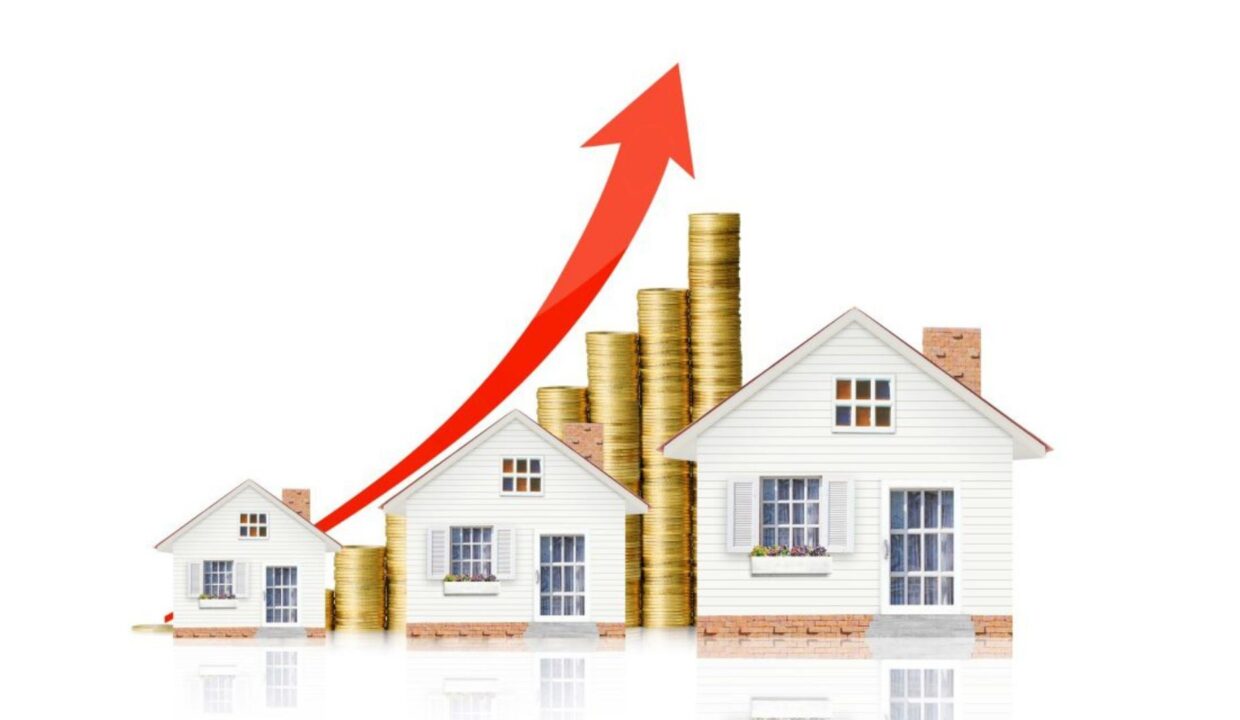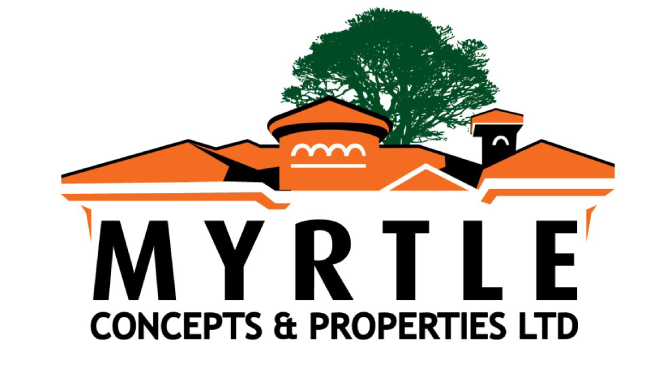
Uganda like the rest of the world embarked on phased relaxation of COVID-related restrictions in the Q2 FY2021/22 with the full reopening of the economy in Q3 FY2021/22 as the spread of Covid19 had reduced drastically.
The reopening of the economy was a blessing in a disguise as everyone was enthusiastic about the new normal life style. However, the expectations of the people were short lived due to the high cost of living attributed to the inflationary prices, as there was a high demand for goods and services that outmatched their supply.
In Uganda, inflation has continuously taken an upward trend from 2.7% in January 2022, to 10% in September 2022. This has disrupted the demand – supply chain on the market resulting into the rise in prices of goods and services for instance fuel prices have increased from Ugx 3,800 in December 2021 to average Ugx 6,200 in September 2022, a bag of cement that was sold at Ugx 30,000 on the retail market now ranges between Ugx 40,000-45,000.

Inflation continues to rise, largely influenced by external pressures stemming from the geo-political conflicts between Ukraine-Russia, higher global food and energy prices, and depreciation of the shilling arising from tightening of policy rates by advances economies.
The real estate sector in Uganda has been continuously developing with new improvements coming up on a daily basis. Real estate is one of the businesses that are known to withstand inflation because prices always match the prevailing market conditions. The current inflationary period has influenced the real estate market in a vast number of ways.
Rise in interest rates. Since May 2022, bank of Uganda decided to monitor the economic situation more frequently in order to take timely and proactive decisions because the economy is facing inflationary pressures. The central bank rate was increased by 50 basis points to 9% in August from 8.5% in July, 7.5% in June and 7% in April. The increase in the central bank rate results into high lending rates, which has an adverse impact on the real estate sector. For instance in May 2022, the commercial banks increased their interest rates to average 19%.
Furthermore, banks will tighten their credit standards thus limiting borrowing. Eventually, the market will be dominated by non-performing loans that will restrain real estate investment hence deterring economic growth.
Therefore, real estate investors will find it hard in this period to expand their property profile. This is because the rise in interest rates makes it hard to access credit thus limiting property acquisition.
Ultimately property will be stagnant on the market since the would be buyers cannot access mortgages due to the high lending rates and the tightened credit standards. This implies that investors cannot borrow to build or purchase property as it is financially unsound.
Bank confiscation of the property. With the varied interest rate on bank mortgages, banks will confiscate many properties from the landlords who fail to service their mortgages. On addition, banks will auction properties in order to recoup their finances. It has to be noted that during periods of high inflation the rate of credit default increases owing to borrower’s inability to cope up with high interest rates.
Increment in prices of construction materials. The developers who did not have a contingency plan in place are struggling to complete their buildings due to the rise in prices of construction materials. Many construction projects have been halted, without clear plans for completion. This has been attributed to the financial constraints arising from the current economic uncertainties.
Furthermore, other construction sites have taken a longer duration than planned due to the increment in the prices of construction materials. The current situation requires strategic financial plans in order to revamp the steady pace of development in the real estate sector.
Rising property prices. The property prices are increasing on the market to match the prevailing market situation. This is attributed to real estate speculation which is partly influencing the hike in property prices. Long-term homeowners are acknowledging a drastic increase in the value of their assets more quickly than at any time.
Homes are becoming more expensive for buyers, which reduces the number of sales. This will hurt the property business, as property owners will need to reduce the prices of their homes in order to attract buyers.
Widening the housing deficit. As CBR, lending rates and prices of construction materials increase, this has a detrimental impact on the availability of affordable houses. According to the report issued by the habitat for humanity – Uganda, the current housing deficit exceeds 2million units, which is anticipated to increase due to the rise in the cost of construction. In the long run, the notion of affordable housing is becoming more of a myth than the reality in Uganda.
Increment in rent. Property owners seem to pass over the cost of inflation to the tenants. This has been acknowledged through rent increment. Landlords have increased rent between 8-10% in response to the uncertain economy.
Furthermore, Landlords with mortgages at a varied interest rate will increase rent as commercial banks increase the lending rates on the mortgages. Other landlords building using their own equity are likely to set a higher rental fee due to the high cost of construction incurred.
This will affect the welfare of the tenant, as they will shift from one residential property to another, which is deemed affordable.
Conclusively, inflation will continuously take an upward trend. Therefore, it is vital to take a detailed feasibility market analysis before any investment is undertaken

